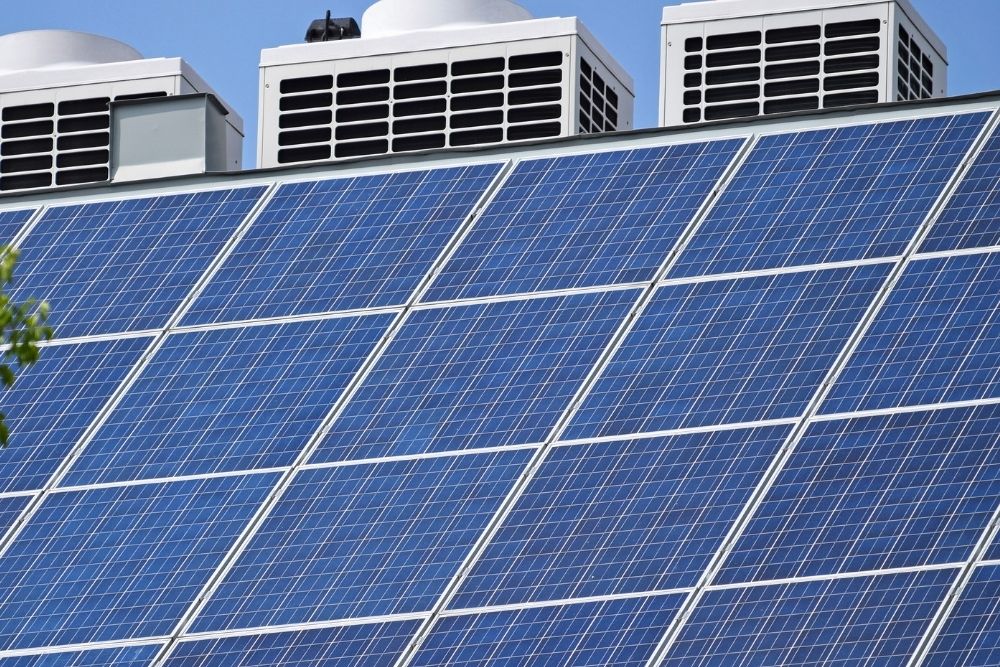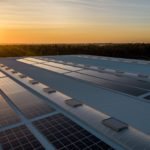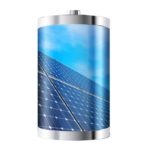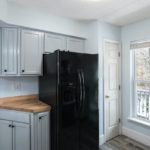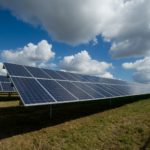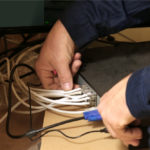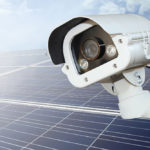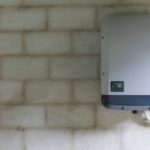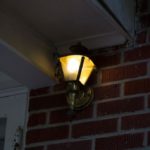For many home appliances, it’s relatively straightforward to calculate how many solar panels are required to power them. This is due to the fact that they pull a constant current. Because of this, you can easily match the solar panel’s output with your appliance’s power rating, providing you know what this rating is in watts.
Some other appliances, however, are not so easy to figure out how many solar panels they require. Fridges, freezers, and, in the case of this article, air conditioners contain compressors with motors. Because of this, they draw a varied level of power. Due to this, you must work out the average power that the AC is drawing.
There are also additional criteria that you must understand before being able to set up an effective solar-powered AC system. We will discuss these further in this article.
Typically, AC units for family usage require 900 watts of electricity per hour of use. An AC unit of this type would thus require three 300-watt solar panels. For larger spaces, however, you will need four solar panels to generate 1200 watts of power for a bigger AC unit.
It is important to note, however, that different types of air conditioners require different amounts of wattage, and this will affect the number of solar panels required. Consult the list below to learn about the different types of AC units, what wattage they use, and how many solar panels it would take to power them. For the list, we are assuming that the solar panels used are 300-watt panels.
- Central Air Conditioner – 3500 Watts – 15 solar panels
- Central Air Conditioner with fan only, compressor off capacity- 750 watts – 3 solar panels
- Largest window unit – 1440 watts – 6 solar panels
- Medium window AC unit – 900 watts – 4 solar panels
- Smallest window unit – 500 watts – 2 solar panels
How Much Power Does My AC Unit Use?
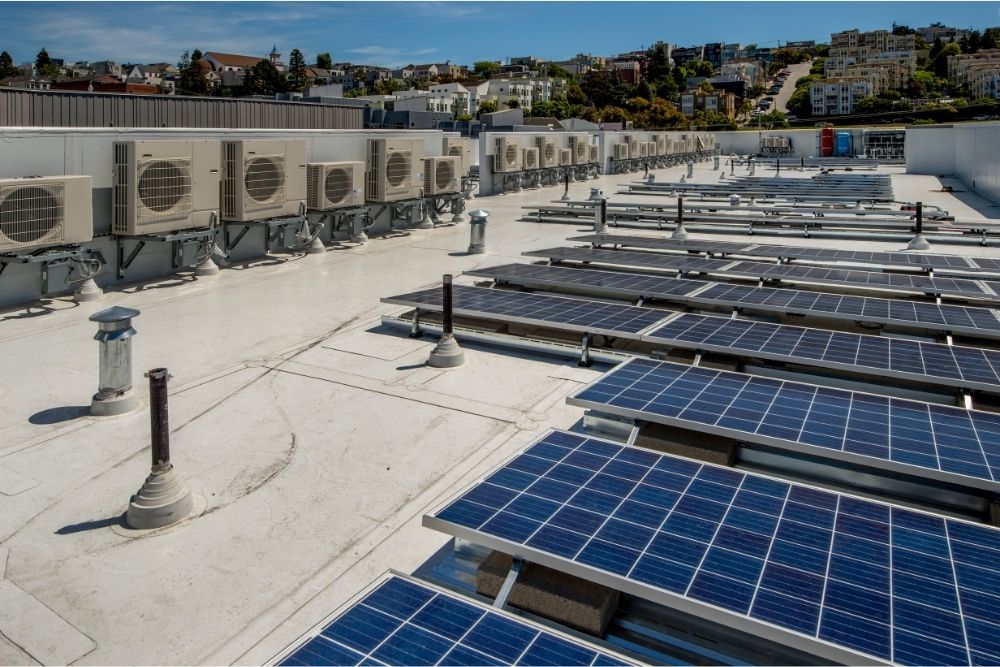
Any air conditioning unit can be run on solar power, as long as you have enough panels to generate sufficient wattage to run your particular AC unit.
A basic solar power system requires an inverter, batteries, and, of course, solar panels. Once all these components are connected, you can run your AC unit without the use of grid electricity.
Air conditioners use different wattage depending on their size, use, and function. If you run your AC with disabled compressors, then it will require less wattage. A central AC unit with the compressor off would need 750 watts of energy.
If you have a large window AC unit, it would require 1440 watts of power to run it. This would need several solar panels to generate sufficient power to run it. This type of unit uses a lot of electricity as it cools a large amount of air for a large space.
A medium window AC unit needs 900 watts of energy. This type of unit is typically seen in medium-sized living areas or bedrooms. In case of the need for emergency backup power, these types of AC units can be run on battery power.
A small window AC unit only uses 500 watts of power. Because it cools a smaller space and therefore a smaller volume of air, it requires fewer solar panels to run it.
Obviously during the summer months when you’ll be using your AC unit more, it will need more power. Because of this, you should calculate the total number of hours per day you’ll be running your unit during these months.
Additional Factors That Will Impact The Number Of Solar Panels Required
These are some additional factors that you must consider before setting up your solar-powered air conditioning system.
Depending on where you live, you will obviously have different temperatures, weather, sunlight duration, and intensity. All of these things affect how much you’ll be using your AC unit, and therefore the amount of power needed.
You should also consider what solar power system you have. What wattage do your solar panels generate? Is your system on-grid or completely self-reliant? Do you also have self-reliant energy storage? What is your energy storage capacity?
Additionally, you must consider what type of AC unit you have. You should also bear in mind what your demands for your AC unit are, and what the average power consumption is from your AC use. Your AC power consumption will inform the number of solar panels you will need.
The higher cooling power of your AC units will require more solar panels and solar energy storage.
Determining The Number Of Solar Panels Needed For AC Systems By The Ton
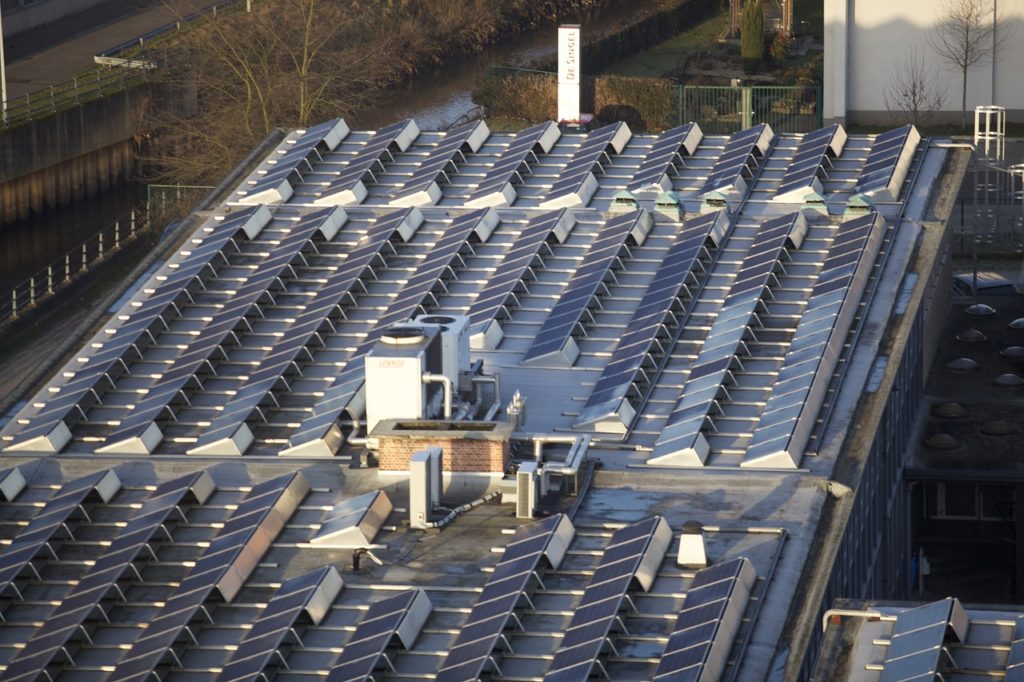
A one ton air conditioner consume between 1000 watts and 1333 watts, depending on the variety of air conditioning unit.
A good rule of thumb is that per ton of cooling capacity, an air conditioner requires 1200 watts of power.
If you were not aware, some air conditioners are rated in tonnes as it represents the amount of cooling required to melt 2000 lbs of ice in a day. This is commonly known in the trade as a “short ton”. The larger the tonnage, the more cool air it produces by the hour.
Conclusion
Calculating the number of solar panels required to run your air conditioning unit is a complicated process. This is due to the fact that there are a large number of factors that have an impact on the amount of power that is used by an air conditioning unit. Additionally, as solar panels require sufficient sunlight to generate power, this could have an impact on the whole process too.
If your solar panel system can produce 1.7kW+, it’s safe to say that this is sufficient to run a 1-ton or 1.5 ton AC unit, but a solar panel system that produces over 2kW would make the process more optimal. The more panels, the better. This is because your solar panel system needs to generate enough power in order to meet inefficacies from lack of sunlight due to cloudy weather.
Ideally, if you want to run your AC unit on solar power, you must live in a location that gets plenty of sunlight throughout the summer months when you’ll be using the AC. It is essential that your solar panel or solar pannels receive enough of the sun’s energy over a persistent period of time. The amount of electricity you’ll need is also dependant on how much electricity your AC unit runs on.
You must You must consider your AC wattage value and how much energy it will require from your solar unit. If you’re unsure that your panels will generate enough power, it is recommended that you go with an on-grid system so you don’t have to worry about cloudy weather or not being able to run your AC during the night. If your solar system produces more energy than the total electricity consumption of your one ton AC or whatever central AC unit you have, then there should be no issue in running your solar powered AC units.

